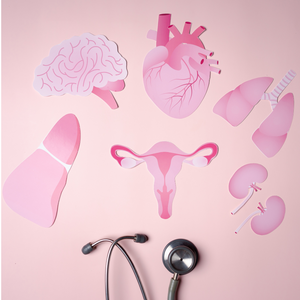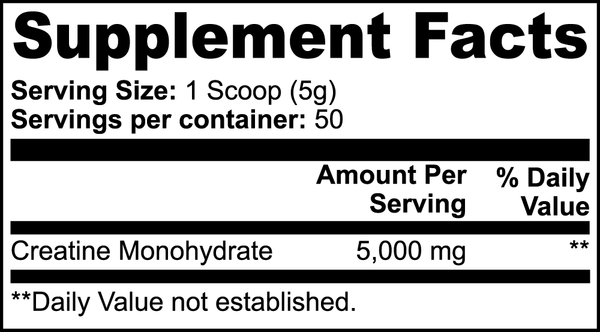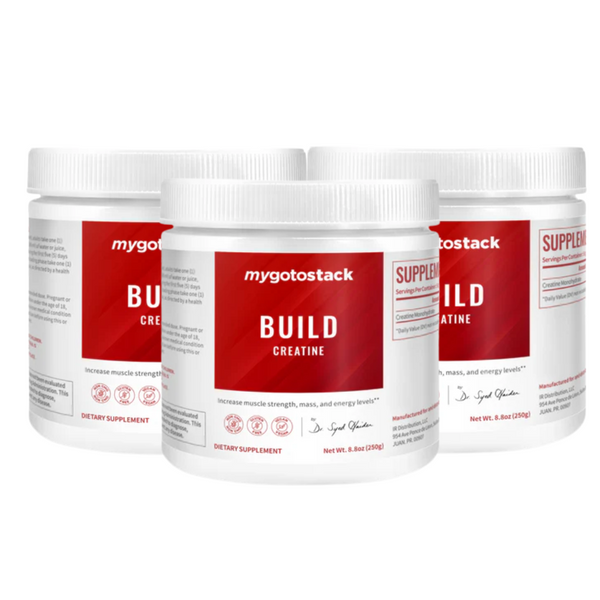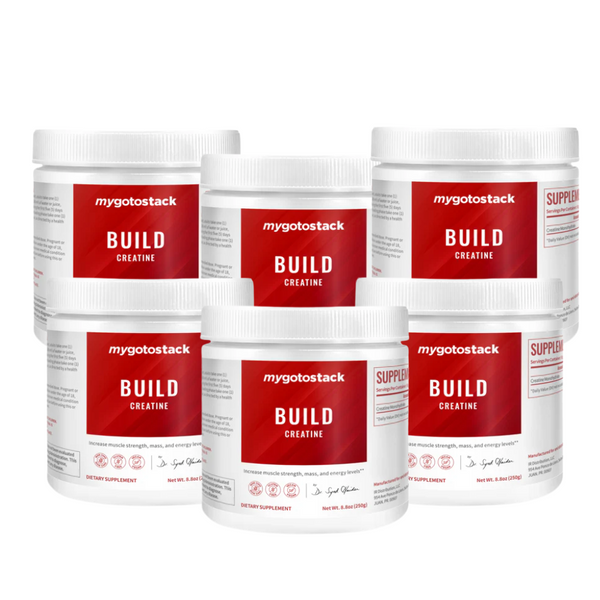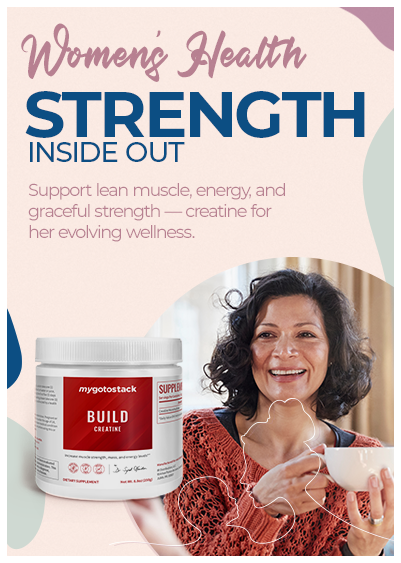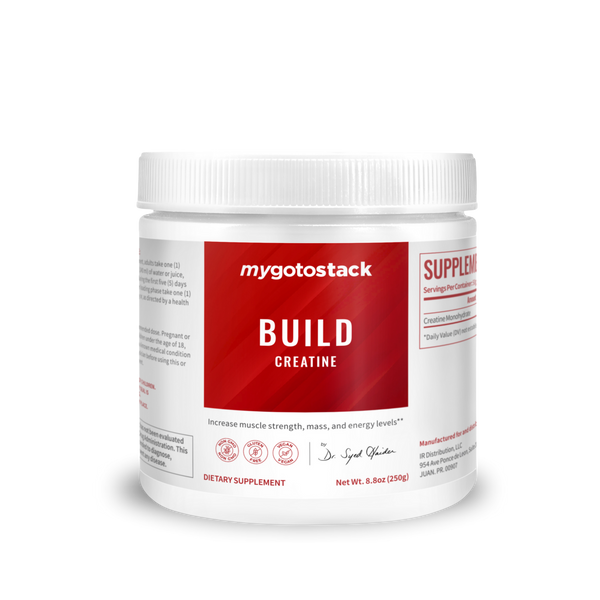
BUILD CREATINE
Benefits*
Ingredients
Amount
Usage
Warning
Do not exceed the recommended dose. Pregnant or nursing mothers, children under the age of 18, and individuals with a known medical condition should consult a physician before using this or any dietary supplement.
Disclaimer (*)
*These statements have not been evaluated by the Food and Drug Administration. This product is not intended to diagnose, treat, cure, or prevent any disease.
Pickup currently unavailable


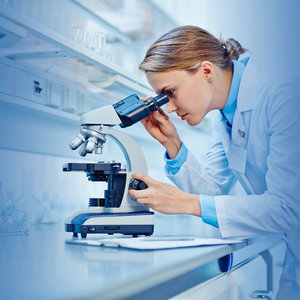
Backed by Science
References
